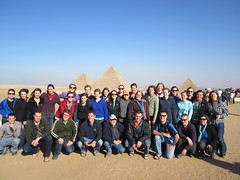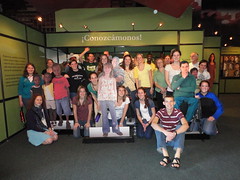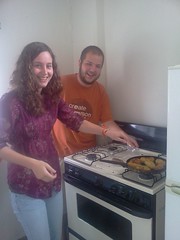 There are many things I have experienced here in Guatemala that I’ll remember for a long time: picking limes off the tree in my backyard, hearing gunshots at night, learning … Continue Reading ››
There are many things I have experienced here in Guatemala that I’ll remember for a long time: picking limes off the tree in my backyard, hearing gunshots at night, learning … Continue Reading ››
Coban and the K’ekchi
 There are many things I have experienced here in Guatemala that I’ll remember for a long time: picking limes off the tree in my backyard, hearing gunshots at night, learning … Continue Reading ››
There are many things I have experienced here in Guatemala that I’ll remember for a long time: picking limes off the tree in my backyard, hearing gunshots at night, learning … Continue Reading ››
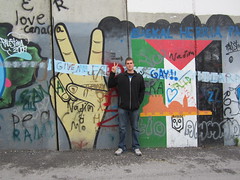
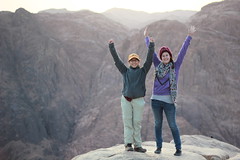 Continue Reading ››
Continue Reading ››